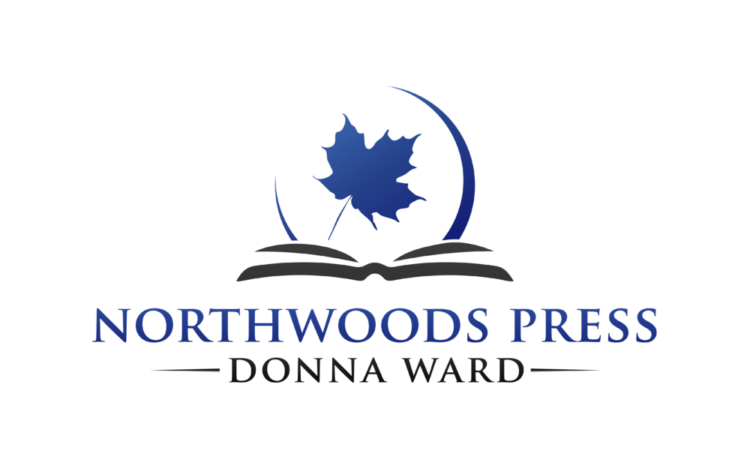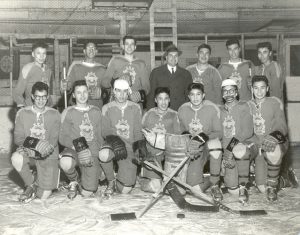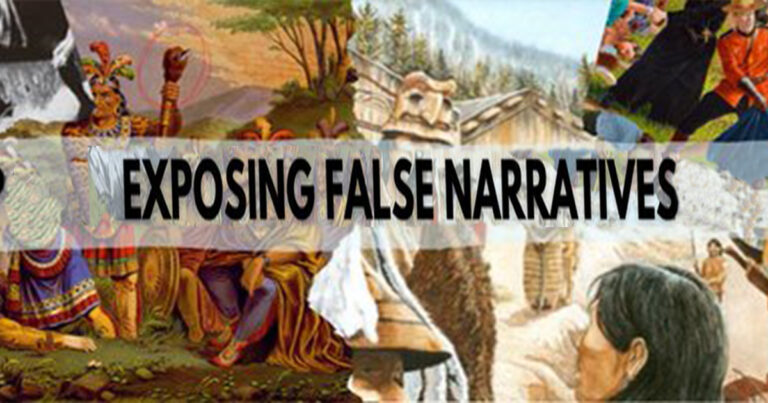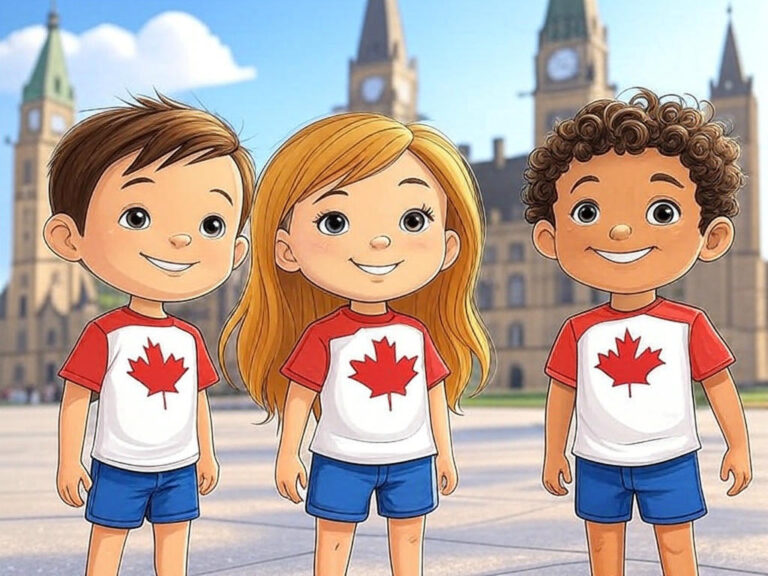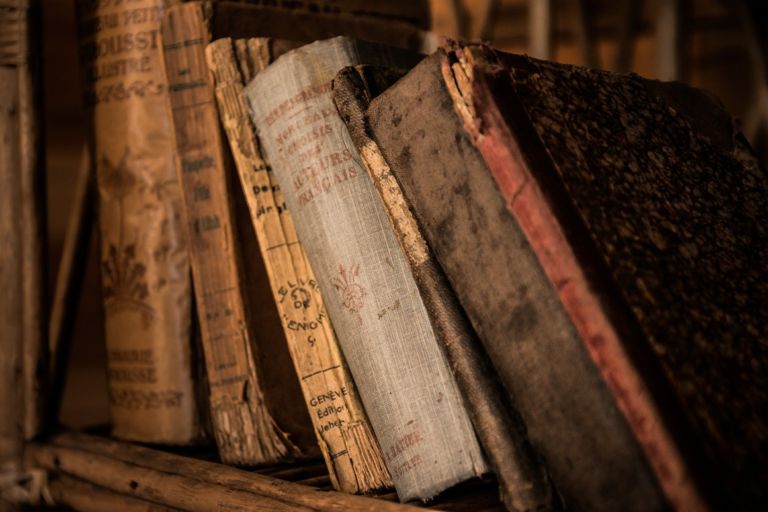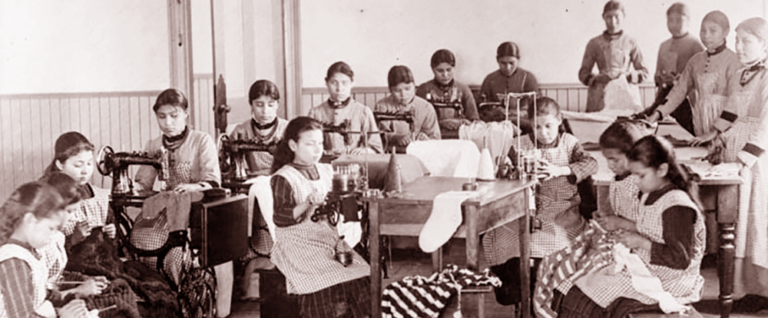Residential Schools in Canada – Questioning Critic
In his article They Would Call Me a “Denier” – Let Me Explain what I Believe about Residential Schools in Canada, Rodney Clifton challenges the current narrative from his own lived experience. This post provides a short-read summary as the author uses critical thinking skills to challenge claims of ‘murder’ in residential schools.
Drawing on his lived experience as a onetime residential school employee, on his long academic record and, not least, on his personal courage in the face of those who wish to criminalize “denialism”, Rodney Clifton presents a humbly argued plea for Canadians to judge their country’s residential school record according to the truth – the actual, factual truth. He prefers to be called a “questioning critic.”
He says, “Accusations against the IRS (Indian Residential Schools) are difficult to believe for at least four reasons.
- The federal government paid grants per child, requiring quarterly reports about the number of days a child was in school and school inspectors regularly visited and reported findings. There are no documents indicating any children were missing during the 113 year history of the IRS.
- Many responsible professionals, including Indigenous people, visited schools: chiefs, band councillors, parents, church officials, dentists, doctors, and nurses. No reports are found about missing children.
- Many residential school employees were Indigenous with family and extended family at the schools. No documents exist from employees reporting missing children.
- The extremely serious accusation of missing and murdered children – including some reportedly buried in schoolyards – was not included in the enormous, seven-volume report of the Truth and Reconciliation Commission, published in 2015.
The issue has sprung up recently, but in spite of $8 million being sent to investigate the claim, no bodies have been exhumed and there is no reporting on how the money has been spent.
Of course, informed Canadians know that bad, abusive and unacceptable things took place in residential schools. Neither I nor any other questioning critic whom I know denies this or tries to suppress it. No one, in fact, denies that some Indigenous children died while registered in some schools.
Volume 4 of the TRC Report states that a total of 3,201 IRS students died … mostly…from infectious diseases like influenza and tuberculosis. Unfortunately, the Commission did not provide comparison data on the number of Indigenous children who died but were not in IRS, or the number of non-Indigenous children who died of the same diseases during the same period. Thus, the TRC Report leaves readers with the impression that residential school students died at much higher rates than children who did not attend residential schools. To verify this claim, more detailed analyses are needed.
Questioning critics also suggest that some good things happened, at least in some schools. We should teach our children that when thinking about history, discussion should be encouraged, not stifled. We should be critical thinkers ourselves, so that what we teach our children is factual history and not revisionist history.
For the full article, go to
See also The Lens of History
Image Credit: Portage Residential School Mercantile Hockey Champs 1964, Portage la Prairie, Manitoba, 1964, UCCA, 1986.158P/62
